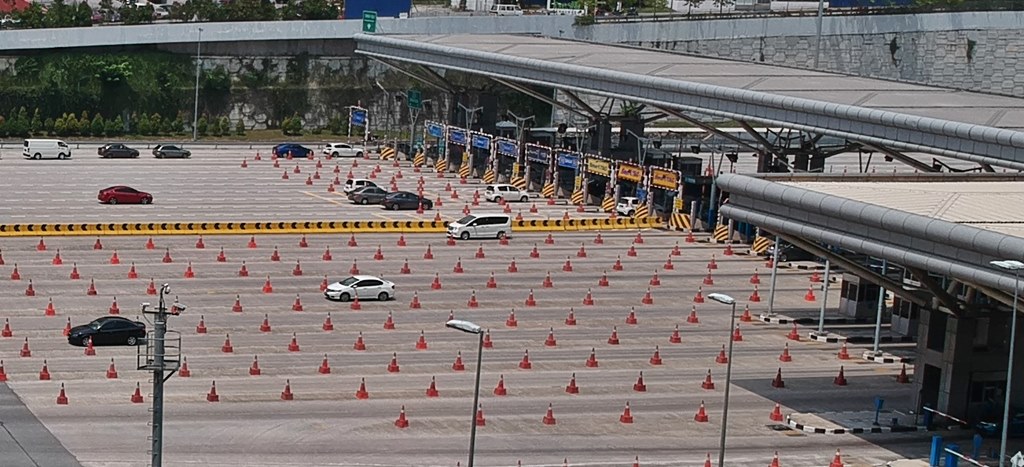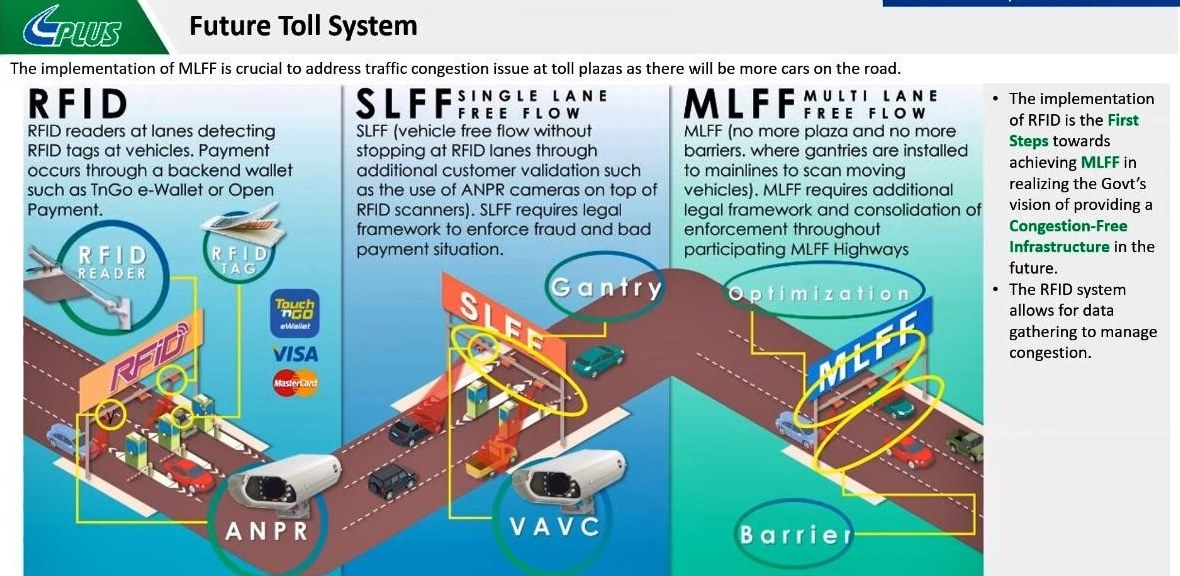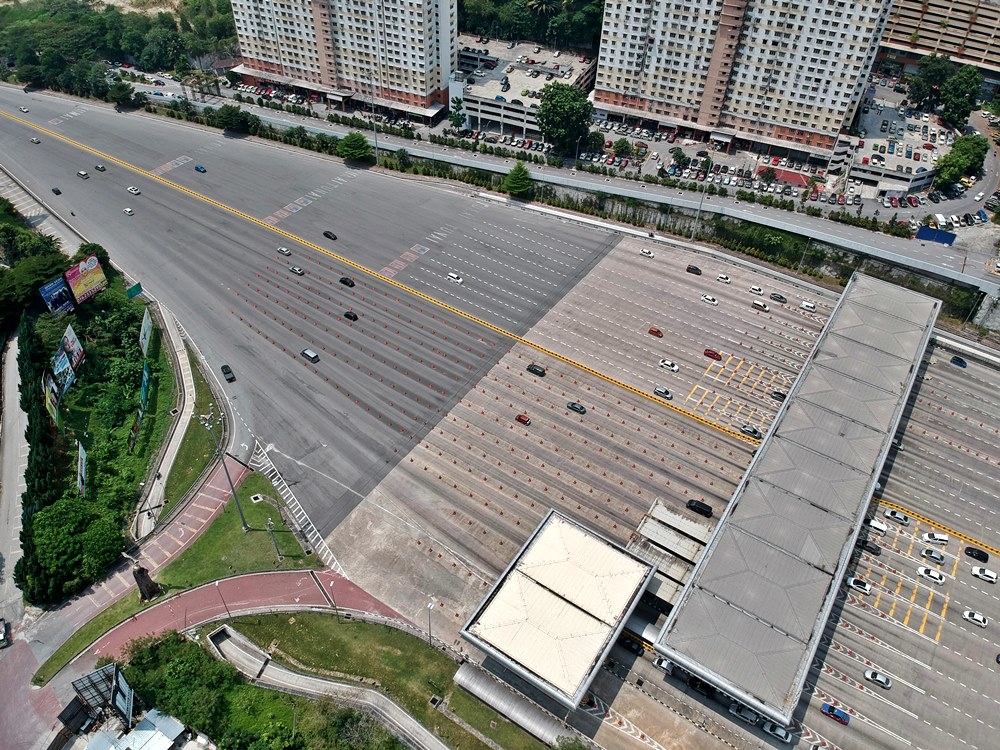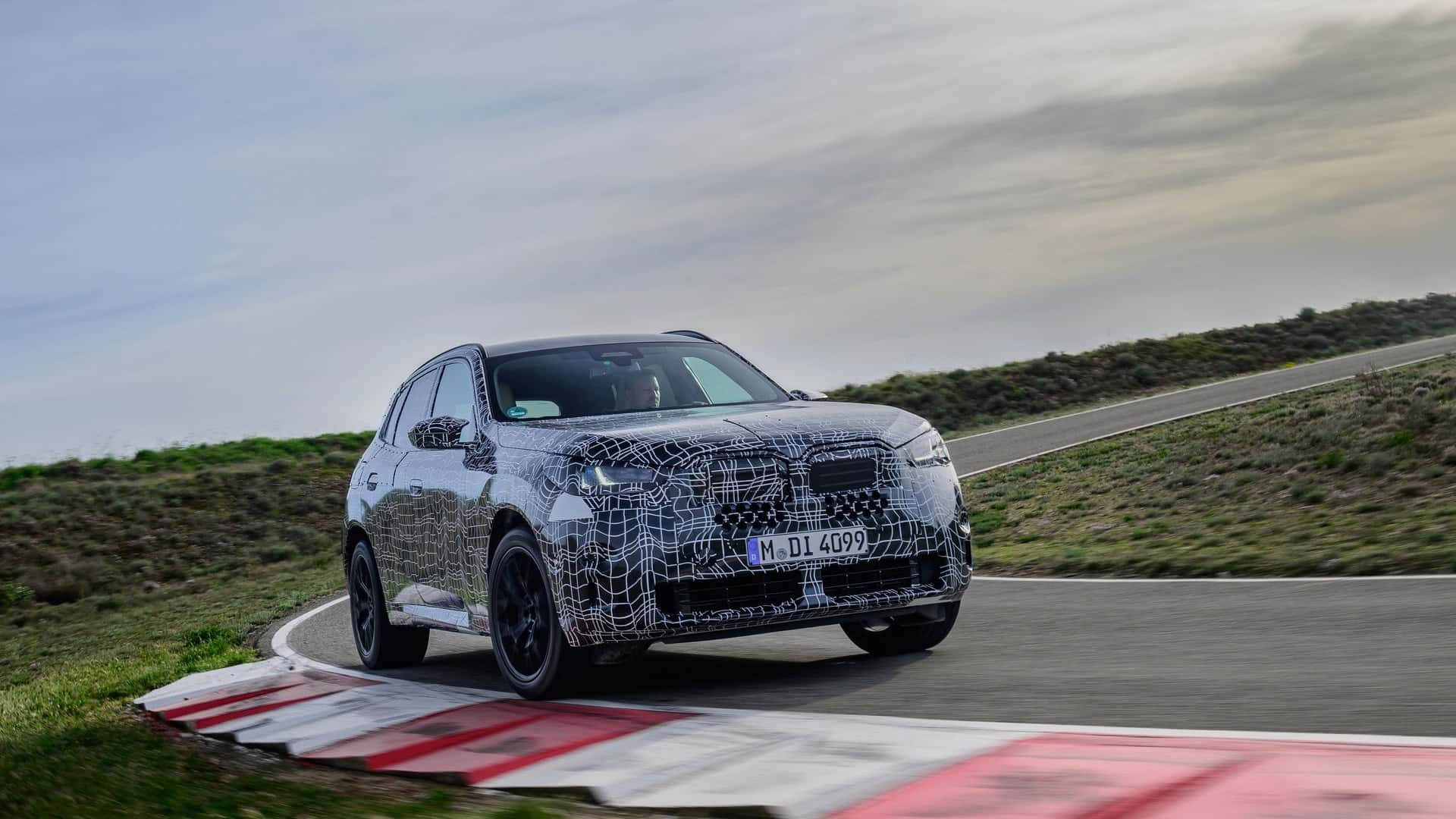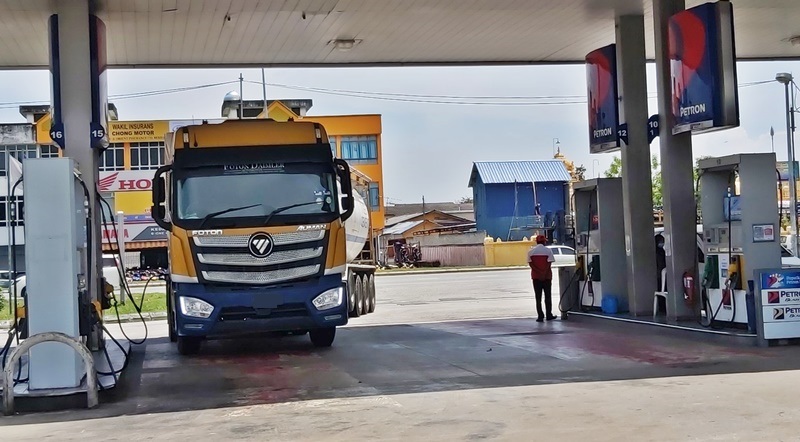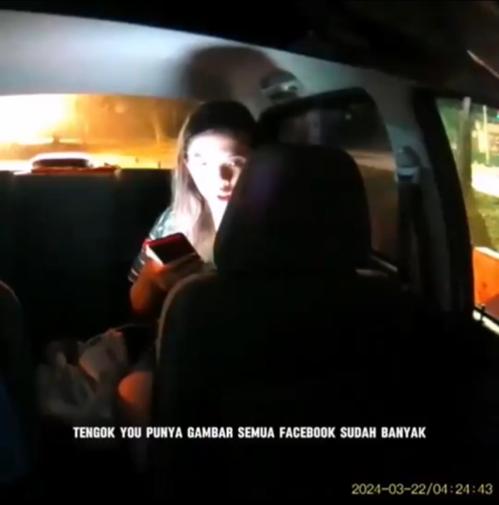Without the barriers at toll plazas, traffic flow can be faster and smoother. However, toll concessionaires have to put the barriers to make sure that motorists do not just drive through without paying toll. Won’t they be committing an offence, you may ask? Well, apparently, there is actually no law concerning non-payment of toll and whenever someone does not pay, the toll concessionaire has to go after them and if necessary, take legal action to recover the money.
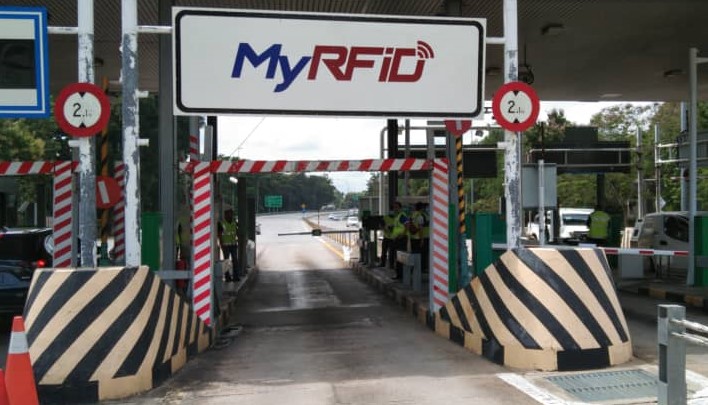
In one publicised case, PLUS had filed a suit against a logistic company named Berjasa Logistics Sdn Bhd (formerly known as Sin Kung Logistics (KL) Sdn Bhd) to recover unpaid toll fares involving 19 vehicles found to be registered to the company and driven by its employees for a number of years. The unpaid amounts totalled RM518,369.27 and in July 2017, the logistic company was considered by the High Court as well as Court of Appeal to be liable for its employees’ failure to pay toll charges. An additional RM100,000 in costs was also included in the judgement.
But it’s a tedious process and due to certain limitations and data privacy laws, getting information on motorists is not easy. In some cases now, it is possible to get the information which is recorded by toll payment companies like Touch’nGo when motorists register their details for an e-wallet account.
So before the dream of having Multi Lane Free Flow (MLFF) at toll plazas can be realised in future, something needs to be done to protect the interests of the toll concessionaires otherwise motorists will just drive through. This is understood by the Ministry of Works which is looking into the matter and will explore ways to enact laws or amend existing ones to make non-payment of toll an offence.
This means that with the Automatic Number Plate Recognition (ANPR) cameras that will be installed at every toll plaza, the toll concessionaire can have a record of the vehicle which did not pay toll, and notify the relevant authorities to take action, just like a speeding offence.
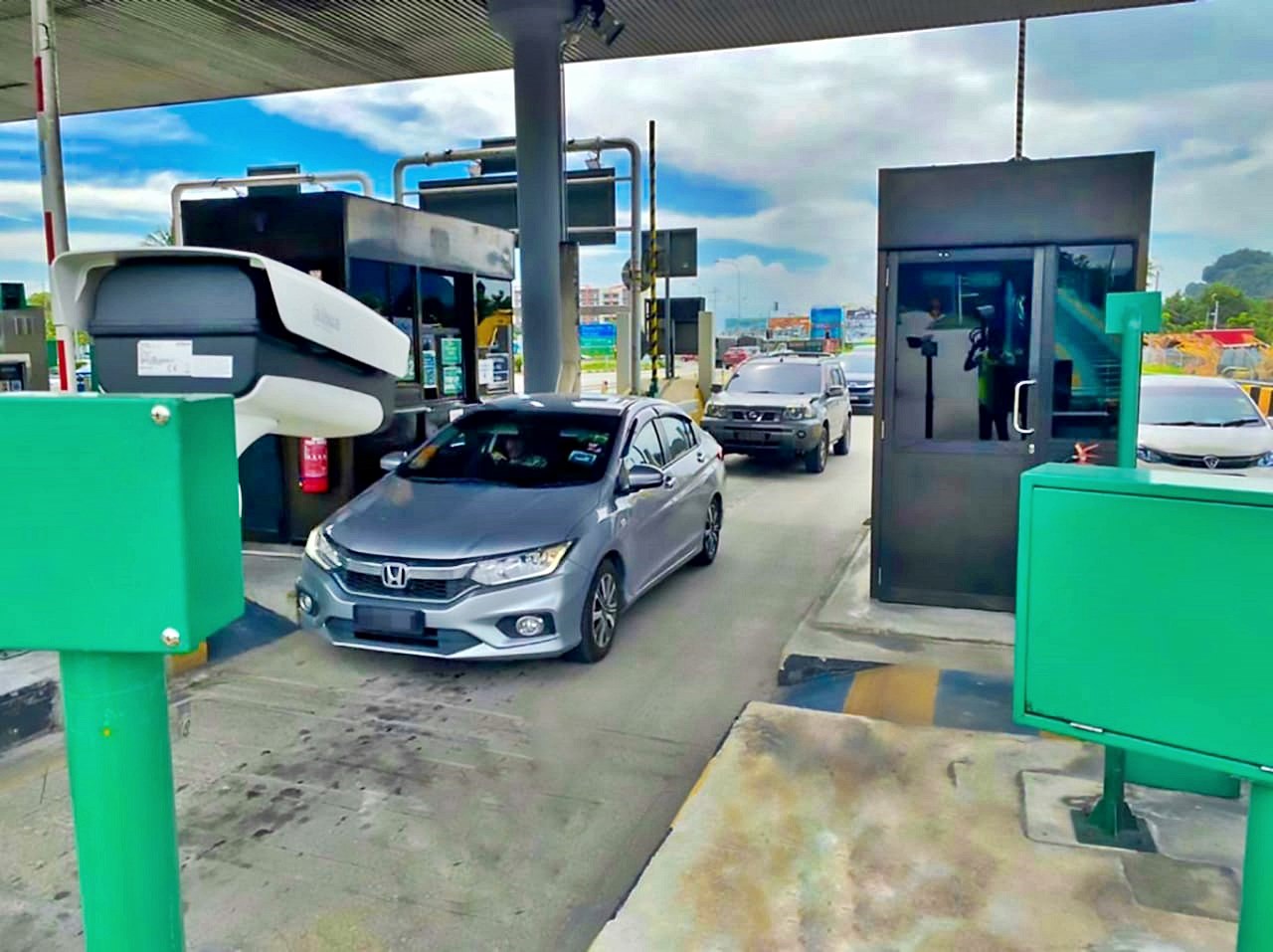
It’s strange that after so many years of having tolled highways (the very first was at Slim River in 1966), there has never been a law covering this matter. In other countries, it is certainly an offence so people make sure they pay their toll.
In fact, it is so strict in Singapore (where they have had MLFF for years) that there was one case where the owner of a car on top of a trailer received a summons for not paying the road-pricing charge when it passed under the gantry into a zone with Electronic Road Pricing. The car had problems and was being sent to the workshop and the owner had removed the tollcard from the unit (like our SmartTAG). So as the trailer passed underneath, it was detected that the car did not ‘pay’ toll and so an offence was committed!
But here’s something which should also be considered: how will it be determined that the motorist was deliberately not paying toll? What if the system is faulty – and we have seen how flawed it can be over the past month – and the car goes through but the RFID signal is not detected? Is the motorist expected to check that toll has been paid – which can be dangerous while driving – and if that is the case, then there is no point removing the barrier.
The authorities will therefore also have to make provisions in the law for such situations otherwise innocent motorists will be charged for offences they did not deliberately commit. Given the inconsistency of the RFID system in detecting the tags on vehicles (at least the SmartTAG is not as problematic any longer), the toll concessionaires will have to ensure that they can have 100% functionality. If there is a failure, it is their loss (of toll) so they would need to work hard to keep their system operating properly.
MLFF is targeted to be introduced in 2025, by which time the government expects that RFID will fully replace the current manual Touch’nGo card and SmartTAG systems. The Works Ministry has also told toll concessionaires that there needs to be various payment options available to highway users although the focus would be on linking e-wallets to RFID tags.
However, we feel that there should remain at least one lane for cash payments for ‘emergencies’ where motorists who are not regular highway users may not have RFID tags on their vehicles. With only one lane, there might be a long queue but so be it; those who do not want to wait a long time will then have to get a RFID tag for the convenience of zooming through to continue their journey.
Government directs toll concessionaires not to force motorists to use only RFID


